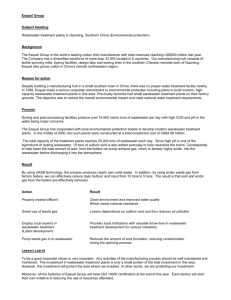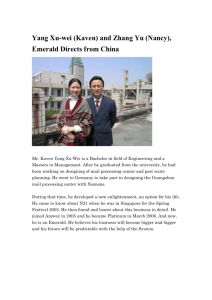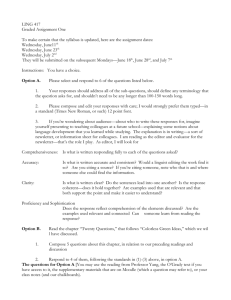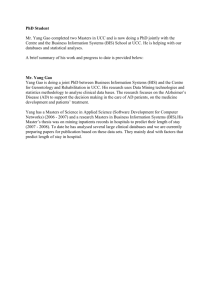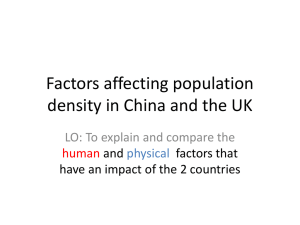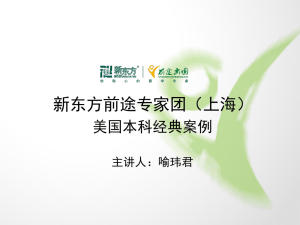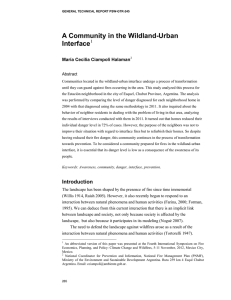Back to business | The Economist
advertisement
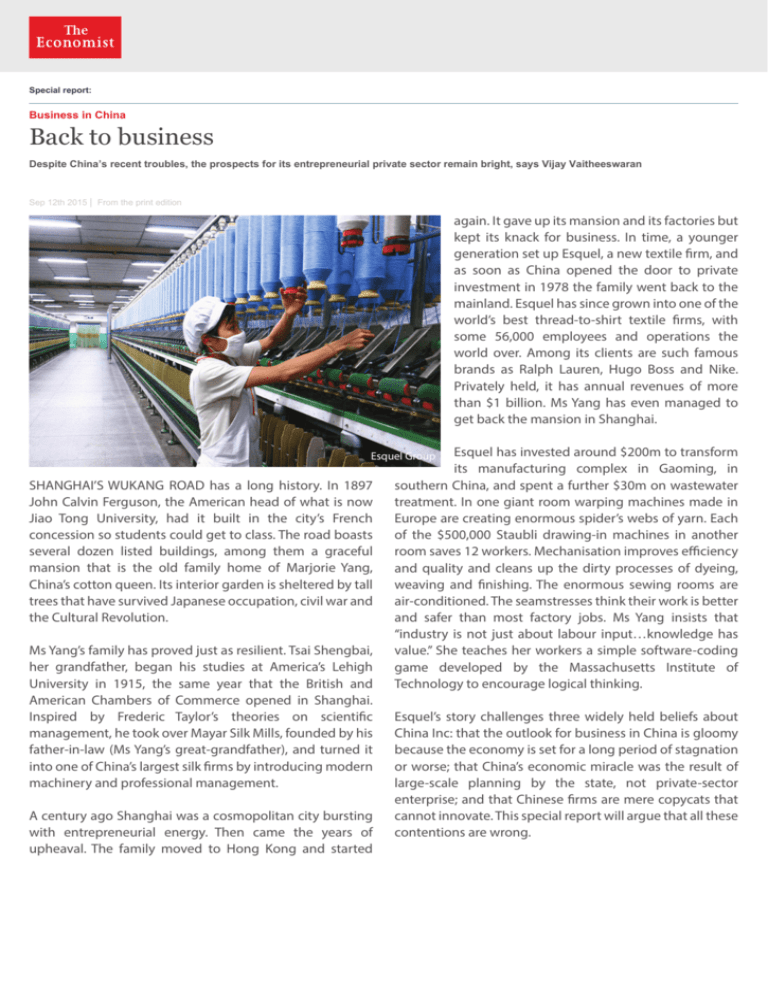
Special report: Business in China Back to business Despite China’s recent troubles, the prospects for its entrepreneurial private sector remain bright, says Vijay Vaitheeswaran Sep 12th 2015 | From the print edition again. It gave up its mansion and its factories but kept its knack for business. In time, a younger generation set up Esquel, a new textile firm, and as soon as China opened the door to private investment in 1978 the family went back to the mainland. Esquel has since grown into one of the world’s best thread-to-shirt textile firms, with some 56,000 employees and operations the world over. Among its clients are such famous brands as Ralph Lauren, Hugo Boss and Nike. Privately held, it has annual revenues of more than $1 billion. Ms Yang has even managed to get back the mansion in Shanghai. Esquel has invested around $200m to transform its manufacturing complex in Gaoming, in southern China, and spent a further $30m on wastewater treatment. In one giant room warping machines made in Europe are creating enormous spider’s webs of yarn. Each of the $500,000 Staubli drawing-in machines in another room saves 12 workers. Mechanisation improves efficiency and quality and cleans up the dirty processes of dyeing, weaving and finishing. The enormous sewing rooms are air-conditioned. The seamstresses think their work is better and safer than most factory jobs. Ms Yang insists that “industry is not just about labour input…knowledge has value.” She teaches her workers a simple software-coding game developed by the Massachusetts Institute of Technology to encourage logical thinking. Esquel Group SHANGHAI’S WUKANG ROAD has a long history. In 1897 John Calvin Ferguson, the American head of what is now Jiao Tong University, had it built in the city’s French concession so students could get to class. The road boasts several dozen listed buildings, among them a graceful mansion that is the old family home of Marjorie Yang, China’s cotton queen. Its interior garden is sheltered by tall trees that have survived Japanese occupation, civil war and the Cultural Revolution. Ms Yang’s family has proved just as resilient. Tsai Shengbai, her grandfather, began his studies at America’s Lehigh University in 1915, the same year that the British and American Chambers of Commerce opened in Shanghai. Inspired by Frederic Taylor’s theories on scientific management, he took over Mayar Silk Mills, founded by his father-in-law (Ms Yang’s great-grandfather), and turned it into one of China’s largest silk firms by introducing modern machinery and professional management. A century ago Shanghai was a cosmopolitan city bursting with entrepreneurial energy. Then came the years of upheaval. The family moved to Hong Kong and started Esquel’s story challenges three widely held beliefs about China Inc: that the outlook for business in China is gloomy because the economy is set for a long period of stagnation or worse; that China’s economic miracle was the result of large-scale planning by the state, not private-sector enterprise; and that Chinese firms are mere copycats that cannot innovate. This special report will argue that all these contentions are wrong.
